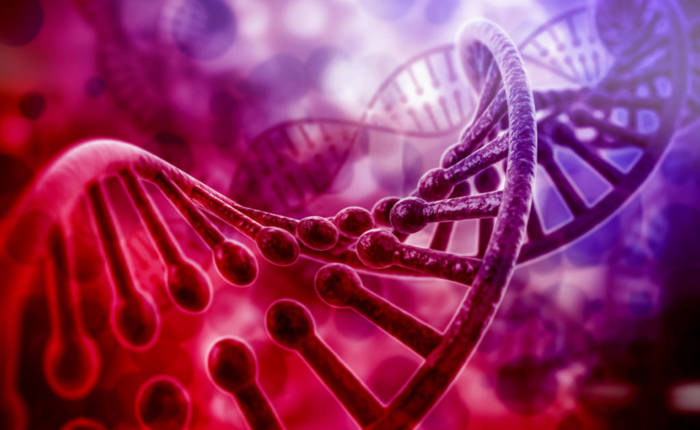The health field has not been left behind by current technological advancements as it has improved in all areas, enhancing the health of individuals. Gene synthesis is one technological improvement that has allowed scientists to control how nucleotides are arranged. They are able to create DNA synthesis through artificial methods. Through this discovery, individuals can be treated for genetic diseases since health professionals can mold genes according to their preferences and come up with the nucleotide sequences they need. The advancement has solved many biological problems by unveiling genetic secrets that have long confounded the health community.
Gene Synthesis Methods
Scientists use two main approaches while dealing with gene synthesis;
First is the traditional method, which acts as the cornerstone of constructing genetic sequences. This conventional method is referred to as Polymerase Chain Reaction (PCR) based synthesis. It involves intertwining the molecular biological elements to overlap the DNA pieces created to include the desired genetic sequence. It allows the DNA segments to be strengthened according to the scientist’s requirement to serve the intended purpose. Each segment can be used solely in a greater genetic mosaic to duplicate through a succession of PCR and produce numerous genetic materials. The method has continued to impact and enhance other genetic strategies, making genetic engineering more advanced and effective.
De Novo synthesis is the second method of genetic engineering that involves arranging nucleotides into complex and symmetrical genetic patterns. Unlike the conventional methods, it gives the researchers the versatility of creating complex genes and exerts control over each sequence. The versatility of this method allows the scientists to create genes with extraordinary capabilities. However the method might be more expensive compared to other approaches due to the resources and chemical assembly needed.
Importance of Gene Synthesis
It is used in protein production. Protein synthesis plays a crucial role in architecture by allowing the designing of genes for efficient protein expression service. Through protein synthesis, health professionals are able to produce protein services and antibodies.
It has been used to develop vaccines to cure viral diseases. Gene synthesis has continued to provide paths and ways to fight infectious diseases. The combination of gene engineering and immunology has allowed the production of vaccines that use the ability of synthetic gen to create antigenic proteins.
It is a transformational of genetic engineering that allows professionals to change the genetic composition of organisms by imparting more favorable characteristics. The technology has allowed scientists to create animals that align with human needs.
Gene synthesis has been the foundation for therapeutic research, allowing patients to deal with genetic challenges and the diseases related to them. Health professionals can now treat gene-related conditions by eliminating genetic defects and their root causes. It has also enhanced the development of antibody sequences for therapy purposes.
Although there are ethical considerations concerning gene synthesis, the technology offers an excellent opportunity for future advancements. Ethical concerns, such as the creation of synthetic organisms and harmful genetic transformations, have been discussed. The technology is essential in correcting genetic errors that cause birth defects and genetic diseases. The important thing is to regulate what scientists can do with gene synthesis to ensure they do not negatively affect the existence of human beings.


Comments are closed.